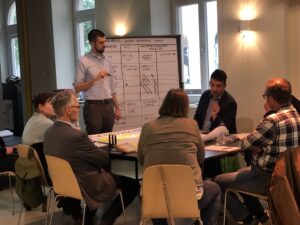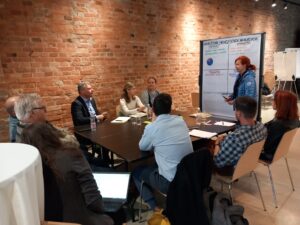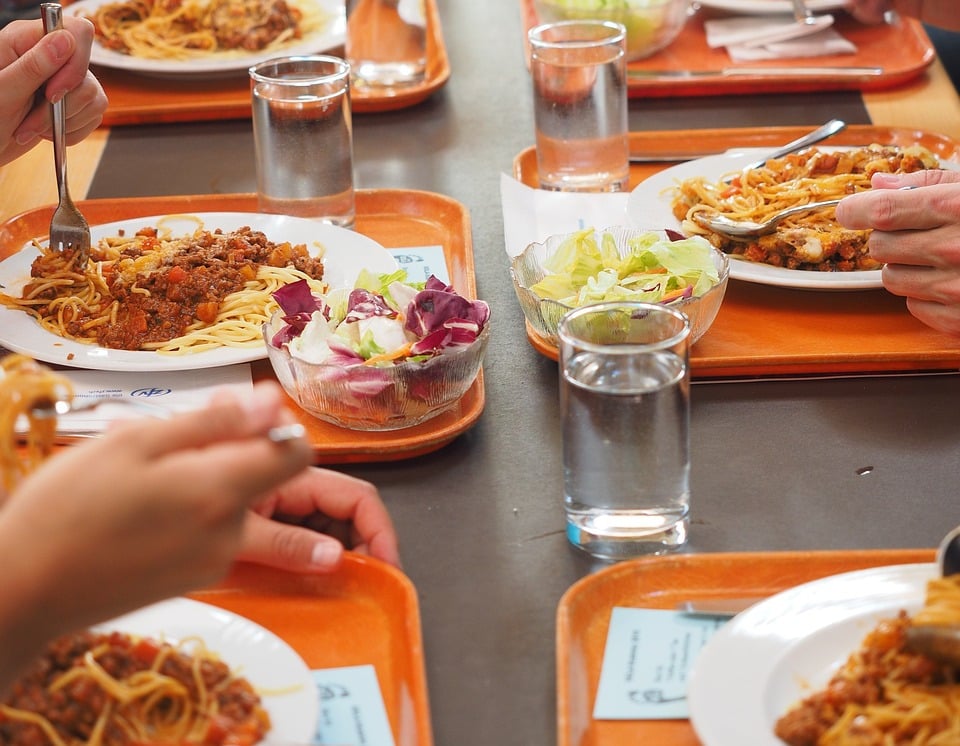How can Hungary transform its public catering system to embrace sustainability and organic produce? Linked to the Organic Farming case study cluster this Science-Policy-Interface (SPI), organised and coordinated by AKI, is set on transforming Hungary’s public catering towards sustainability
Globally, countries that institutionally support organic farming and have ingrained organic products in their shopping habits see a steady growth in organic agriculture and market development. Hungary, however, is still catching up. As of right now, its organic farming sector relies heavily on subsidies, primarily producing arable cereals such as sunflower, rapeseed, wheat, and spelt, mostly for export. Although there is a minor increase in domestic consumption, it’s not enough to drive farmers towards organic practices due to issues like high prices and limited access. Hungary aims to change this by setting ambitious goals: doubling the organic farming area by 2027, broadening the sectoral distribution, developing organic value chains and local food systems, and supporting local input processing. Greening public catering, including school canteens, social services and hospitals) with organic and domestically sourced ingredients, can also play an important role in achieving this goal.


To make public catering sustainable, several leverage points need to be addressed. First and foremost, collaboration between food system actors must be strengthened horizontally and vertically. Legislation should incentivise production and procurement of organic products. Currently, organic products are generally less visible and have lower awareness due to limited accessibility and notably higher prices compared to conventional products. There is also limited coordination and a lack of instruments to assist stakeholders in implementing large-scale organic food procurement.
This SPI intends to tackle these barriers, identify intervention points, and propose necessary changes. To achieve that, AKI focuses on the bread food value chain, because this is the most developed organic food value chain in Hungary with the highest potential for sustainable transition. This value chain has a guaranteed supply of raw materials, sufficient production technology, knowledge, and processing capacity. We invite key actors from the wheat-to-bread supply chain to collaborate and explore strategies to enhance the proportion of organic bread products in the public catering sector. This platform serves as a catalyst for comprehending the process of building social capital and fostering mutual understanding within a complex and lock-in-prone food system facing numerous sustainability challenges.
